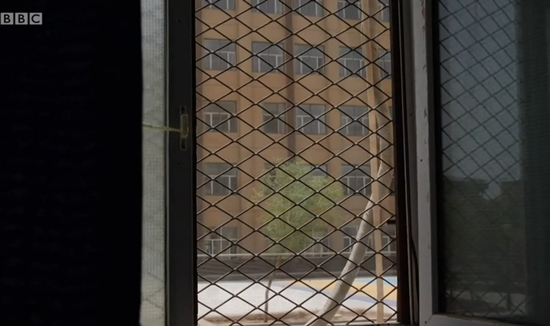
When you’re the Pope, everything you do and say is a big deal, even a scant few words mentioning that China’s Uyghurs are persecuted.
The words may be found in a sentence of Pope Francis’s 2020 book, Let Us Dream: The Path to a Better Future: “I think often of persecuted peoples: the Rohingya, the poor Uyghurs, the Yazidi—what ISIS did to them was truly cruel—or Christians in Egypt and Pakistan killed by bombs that went off while they prayed in church.”
CNN reported the reaction of Chinese Ministry of Foreign Affairs spokesman Zhao Lijian at the time: “totally groundless.”
“There are 56 ethnic groups in China, and the Uyghur ethnic group is an equal member of the big family of the Chinese nation,” Zhao said at a press briefing. “The Chinese government has always treated [all] the minority groups equally and protected their legitimate rights and interests.”
What does Zhao mean by “equal treatment”? That the Chinese government treats all the minority groups equally badly?
And what—if on a whim the government can jail and torture any person in China for years, with only sham “due process” at best—does Zhao or any of the controlling authorities in the Chinese government mean by the “legitimate” rights of the Uyghurs or anybody else in China?
No one has any rights in China. Every person—whether unlucky enough to be a member of an especially persecuted minority or not—has only the “right” to obey and serve the state. Any merely personal and individual interest is to be subordinated or sacrificed to this service.
Pope Francis is also in favor of serving others as the ultimate ethical end, though of course his vision differs in details from that of the Chinese Communist Party.
Promotion for Let Us Dream indicated that the papal tome talks about seeing clearly, choosing well, and acting right; “redesigning” the economy (socialism and radical environmentalism, it seems, but at any rate some sort of central planning that overrules peaceful individual choices and plans); how patience and a “healthy sense of humor” are the “greatest fruit of a personal crisis”; the startling fact that we do not possess the truth so much as the truth possesses us; how “sin is a rejection of the limits that love requires”; and why service to others is more important than the respect of others. The book was also described as an epiphany and a call to arms.
Also see:
BBC: Video: “Inside China’s ‘Thought Transformation’ Camps”
Scroll down for the 12-minute video, the third image on the page. The reporter is given a guided tour of a reeducation camp—one of the milder ones—whose officials expect him to accept a certain interpretation of what is going on. But they are not very convincing. One former detainee of the camps tells BBC: “I’ve experienced it myself in the camp. They warned us ahead of the visits: ‘If any of you speak out, you will go to a worse place than this.’ ”





